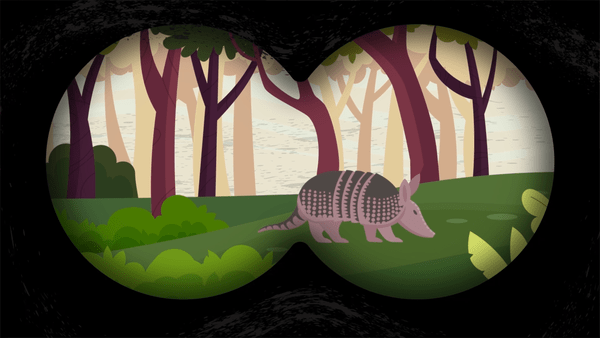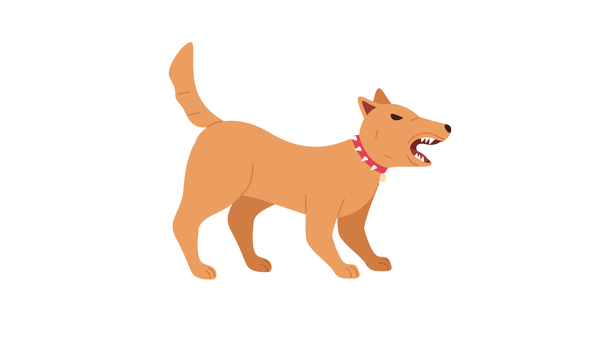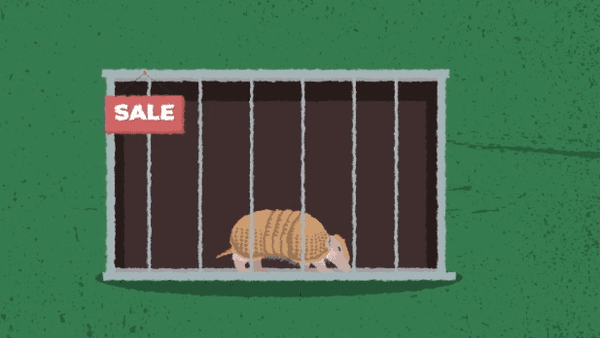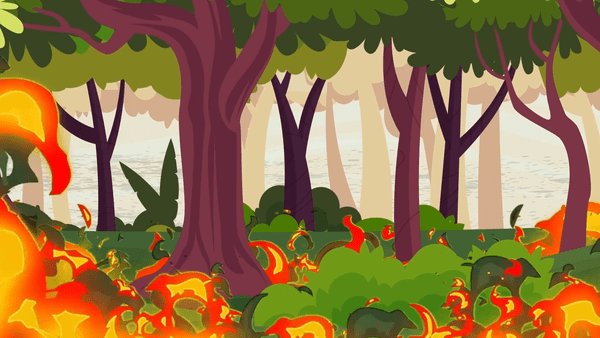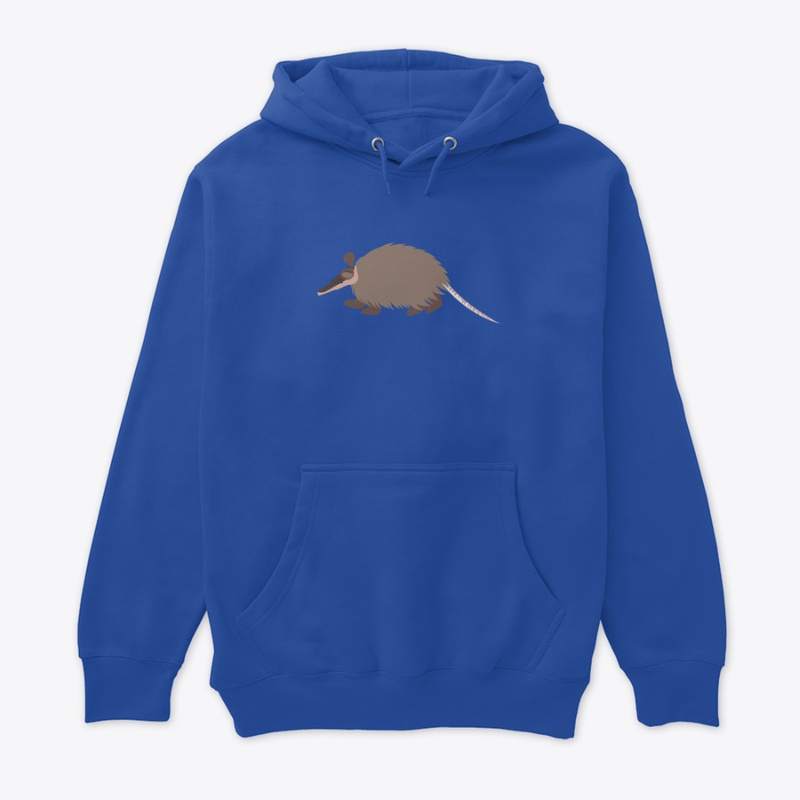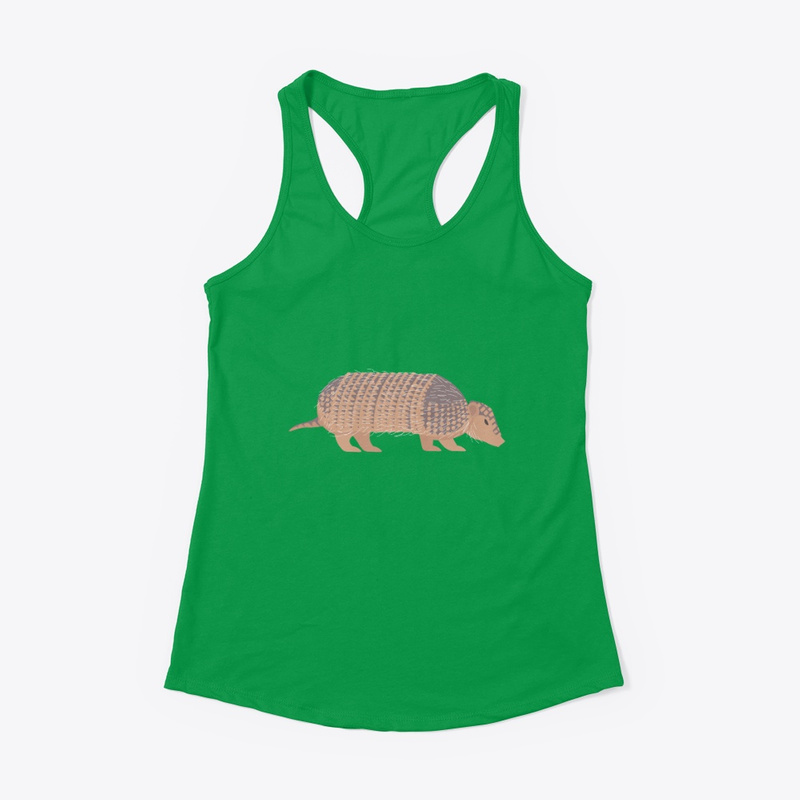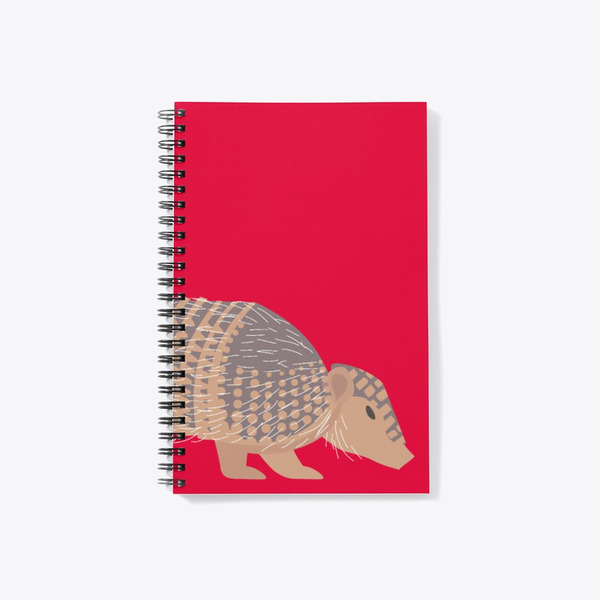
Six-banded armadillo
Euphractus sexcinctus
Reproduction: One to three offspring per litter. The young remain inside the burrow for approximately 3 months.
Weight: 3–7 kg
Diet: Carrion, small vertebrates (rodents, amphibians, and reptiles), insects (mainly beetles), spiders, bird eggs, and plant material

Common Names
English – Yellow Armadillo, Six-banded Armadillo
Spanish – Gualacate, Armadillo de Seis Bandas, Peji Grande, Peludo, Quirquincho de Seis Bandas, Tatú Poyú
German – Sechsbinden-Gürteltier
Portuguese – Tatu-Peba, Tatu-amarelo, Tatu-peludo
French – Tatou à Six Bandes
How to Identify:
| Carapace | Pale yellow, tan, or reddish tan |
| Thinly covered with tan hair | |
| Moveable bands | 6 |
| Ears | 3.5–4.1 cm |
| Tail | 20–25 cm |
IUCN Red List
Species are classified into one of nine Red List Categories: Extinct, Extinct in the Wild, Critically Endangered, Endangered, Vulnerable, Near Threatened, Least Concern, Data Deficient and Not Evaluated. Vulnerable, Endangered and Critically Endangered species are considered to be threatened with extinction.

Six-banded armadillo Facts
- Mainly diurnal, but it can also be active at night
- Only armadillo species that can chew hard items, like palm nuts.
- More aggressive than other armadillo species.
- Seems to be more social than other armadillo species, as several individuals may share a burrow
Habitat
- Forest
- Savanna
- Shrubland
- Grassland
- Timber plantations
- Sugar cane plantations
- Cow pasture
 Population Trend
Population Trend
• Stable
 Threats
Threats
- Hunting (for food, medicine, handicrafts)
Here are some ways YOU can help keep armadillos healthy and safe:
– It is best to observe them from a distance and in silence.
– Our pets could attack them. It is important to keep your dog on a leash when you go for a walk, or keep your pets at home in an enclosed and safe area. In addition, taking care of our pets also means spaying and neutering them so that they do not breed without control.
– Another way to help protect the areas where armadillos live is by not starting fires.
– Armadillos love to live in nature, keeping them as pets is not good for them. Keep in mind that they don’t like selfies either.
– If you find an injured armadillo, contact a wildlife hospital so they can help it.
– Deforestation is often caused to make more land for livestock. Eating less meat may help save our forests.
Test your new knowledge!
Test your new armadillo expertise by visiting our armadillo word search, puzzles, coloring sheets and name games!
Check out this video to see how much you have learned!
The Anteater, Sloth, Armadillo Specialist Group has a store that directly helps xenarthran conservation!

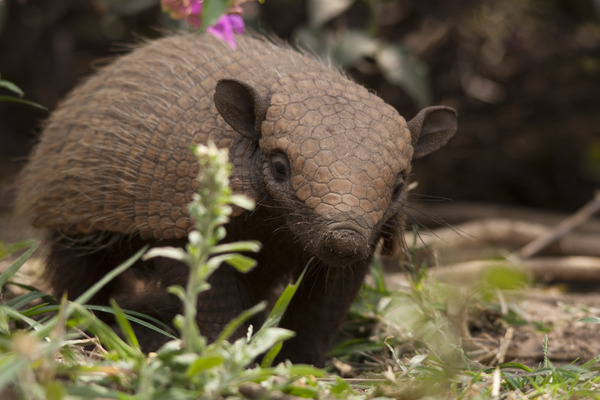
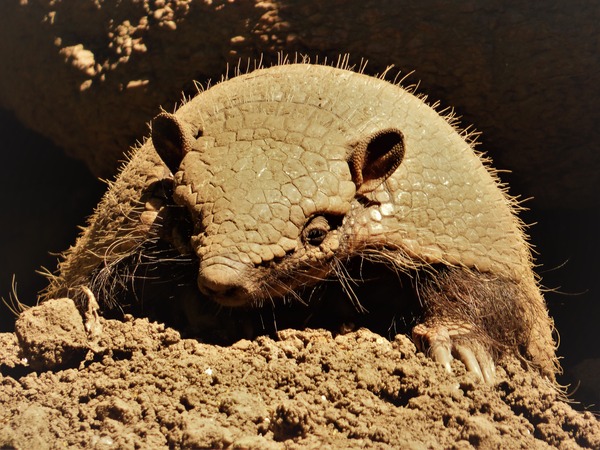
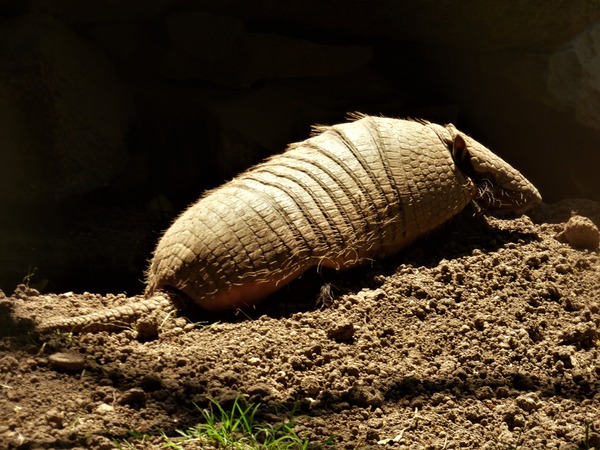
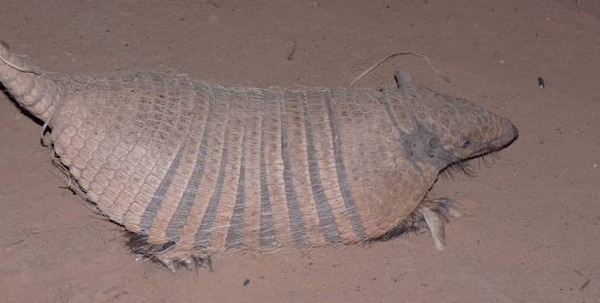
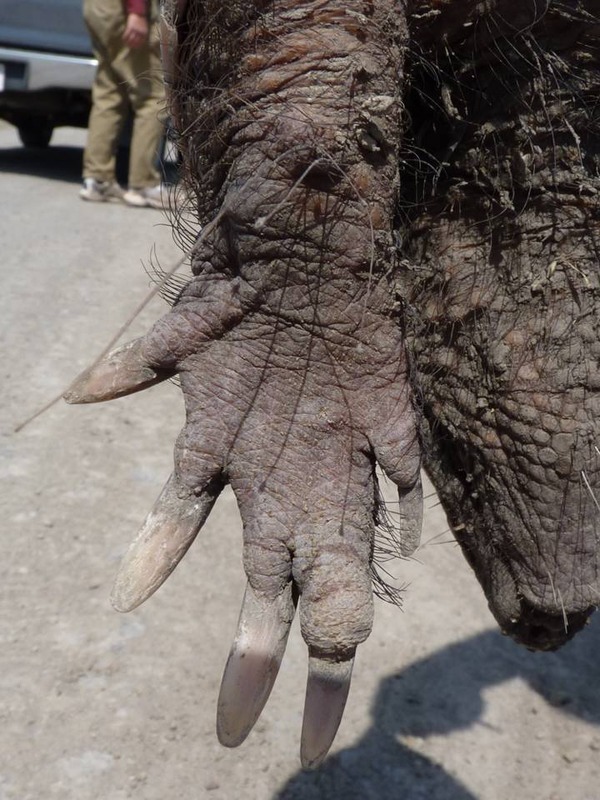
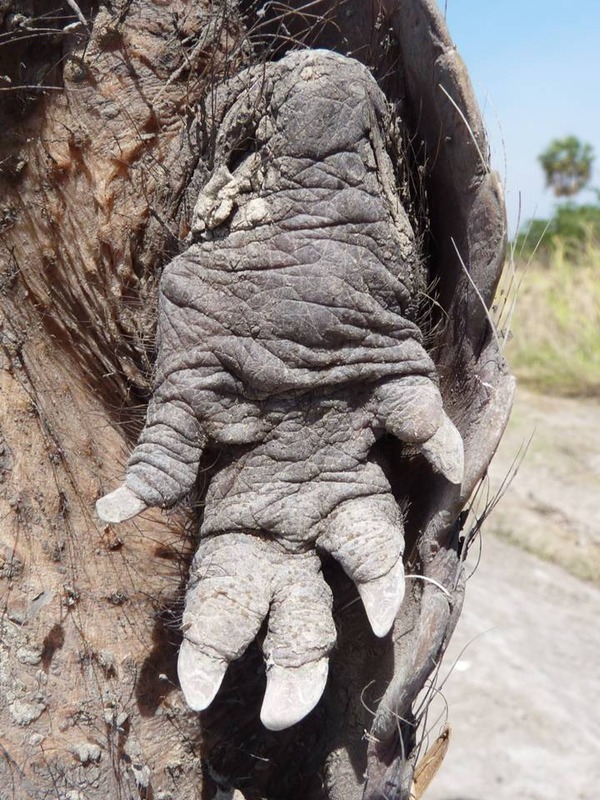

 Population Trend
Population Trend Threats
Threats

